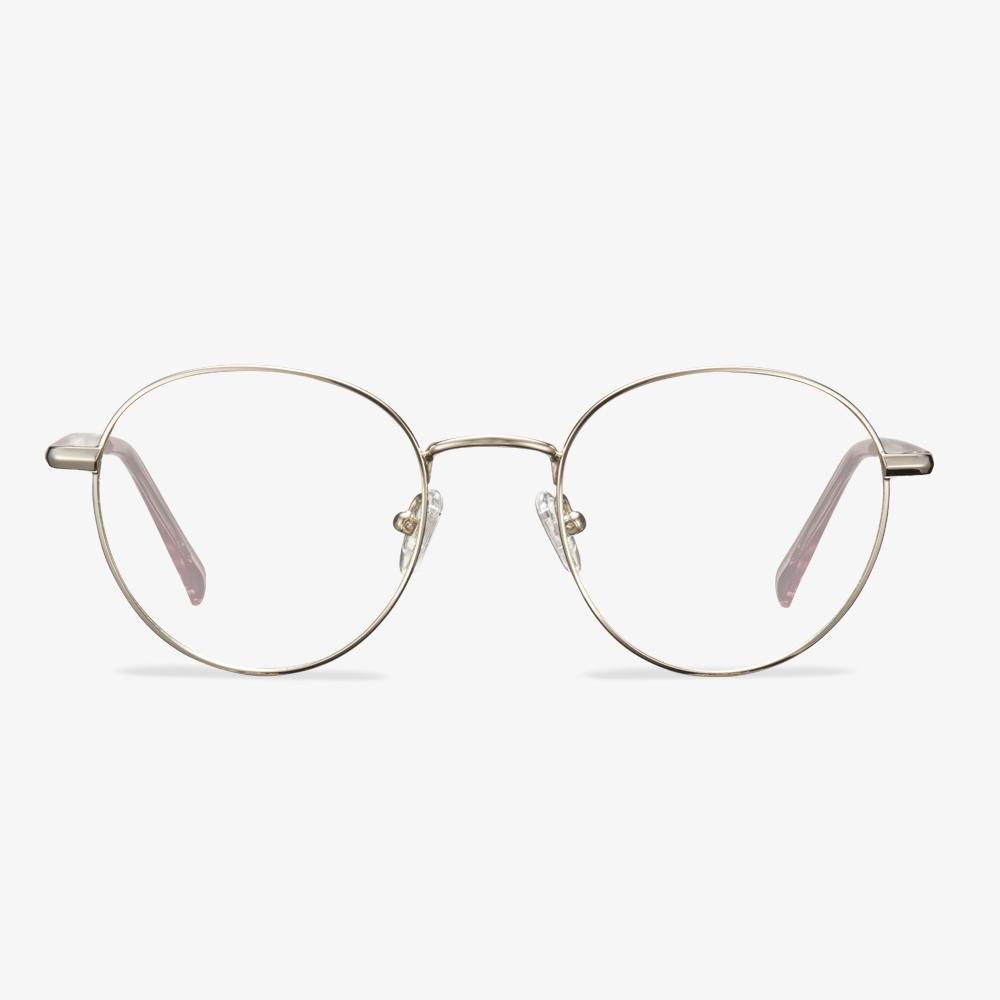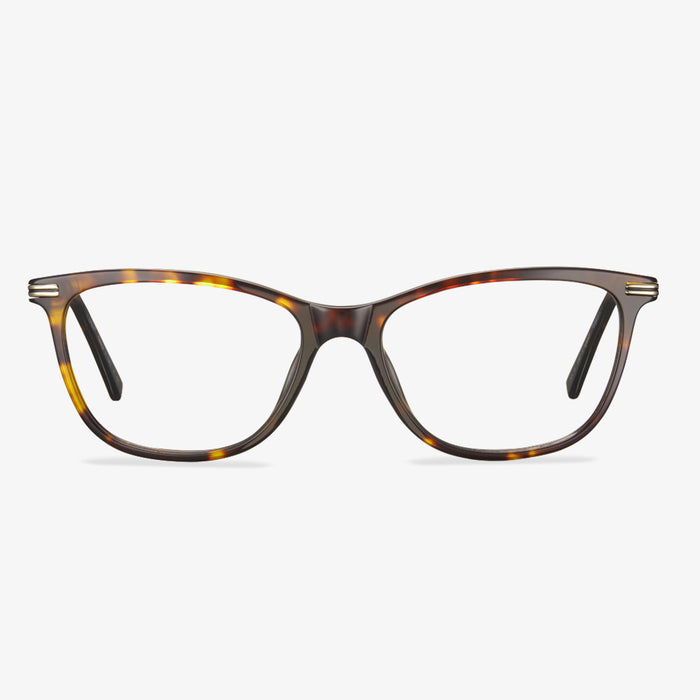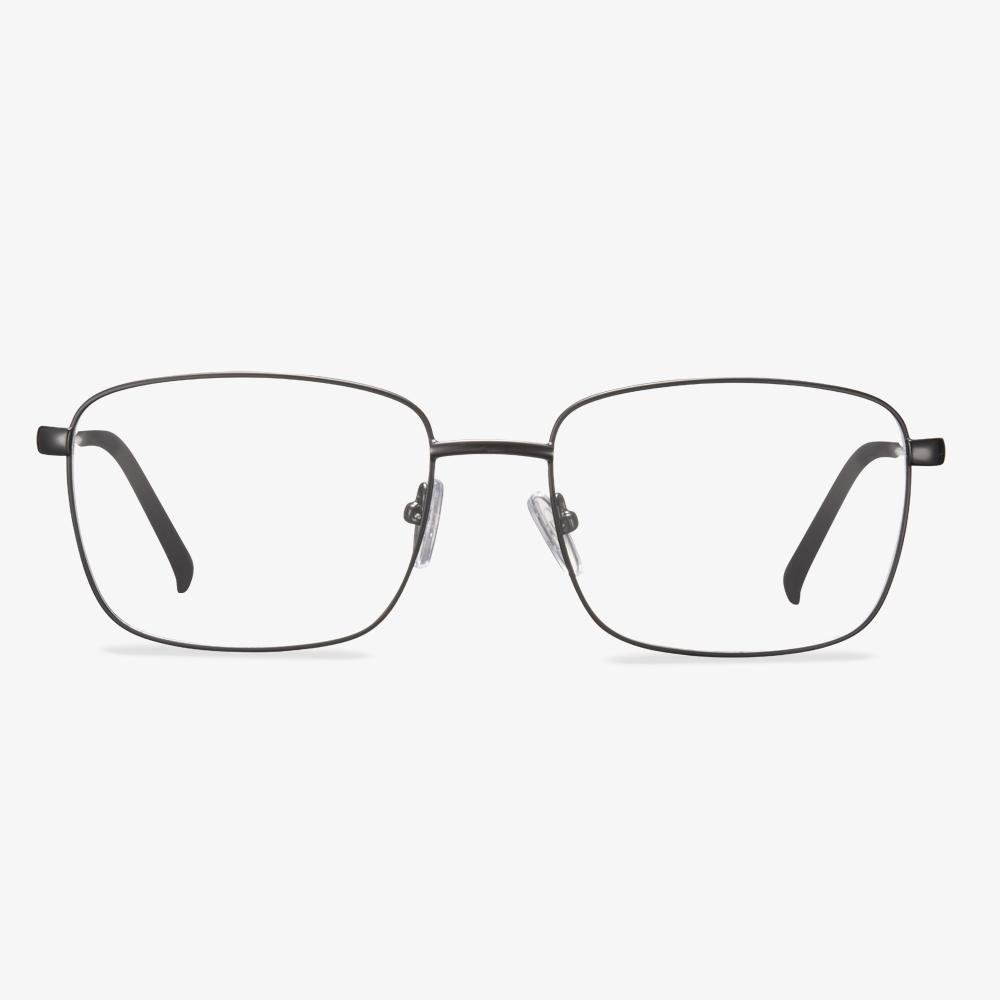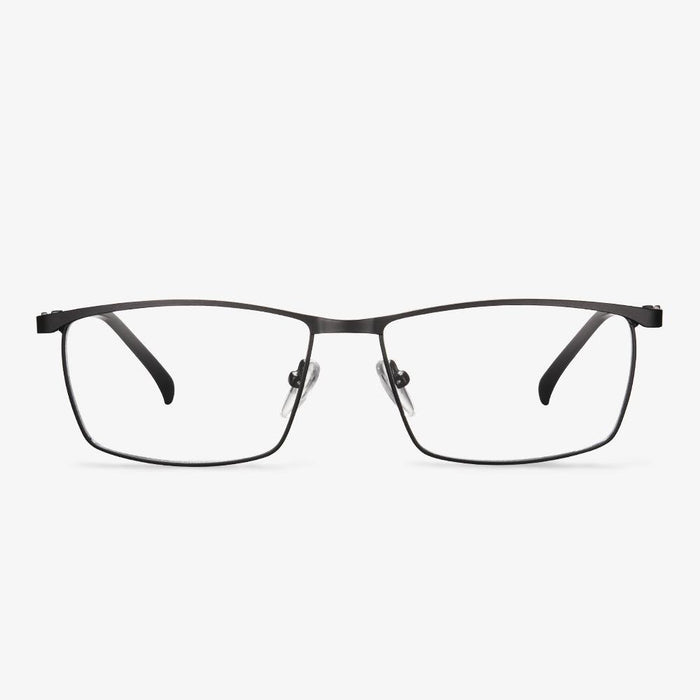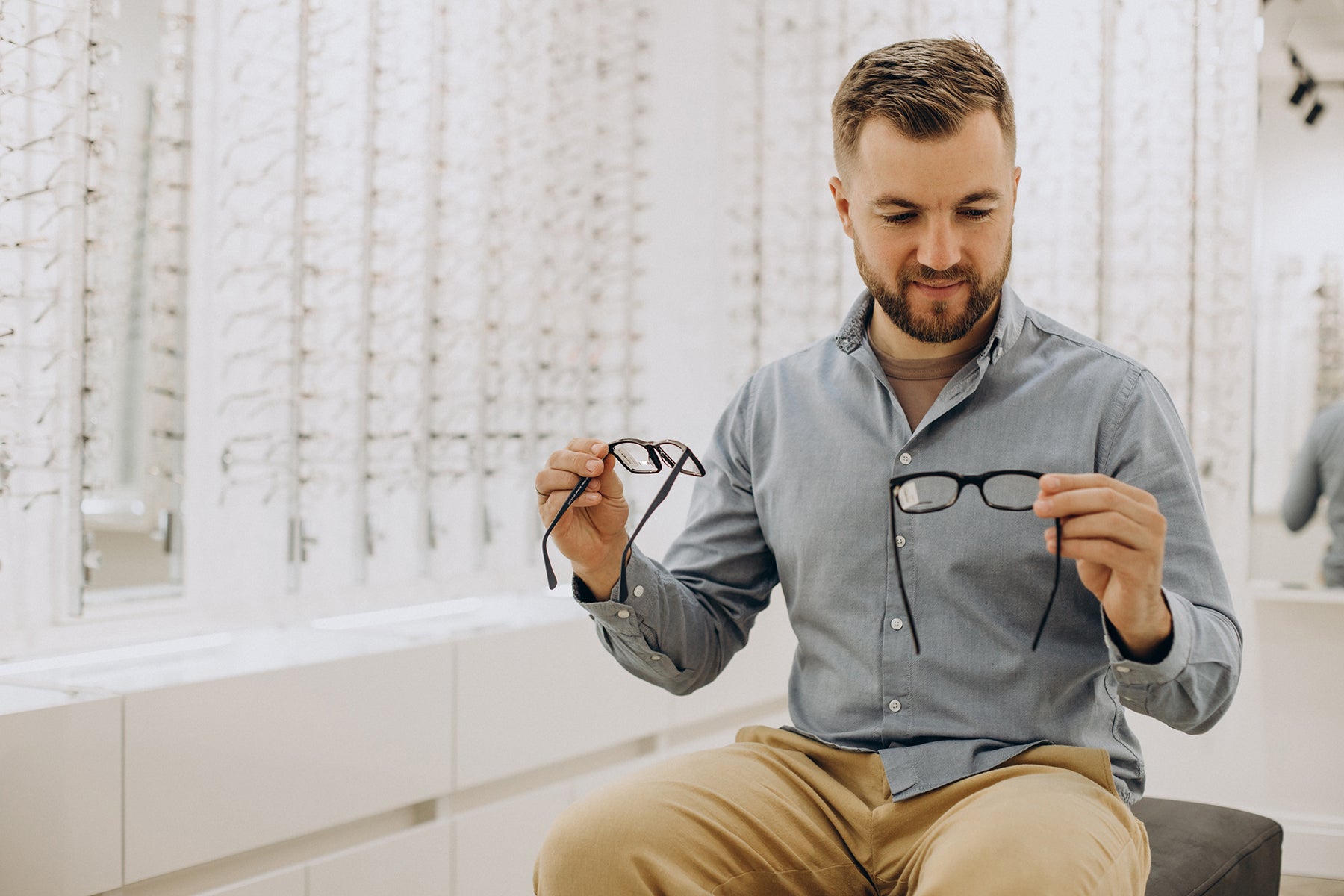The world is a wondrous place filled with captivating sights, intricate details, and vibrant colors. However, not everyone experiences the world with the same visual clarity. Many individuals face various vision issues that require the use of prescription glasses. In this article, we'll delve into the reasons why people need prescription glasses and how these optical wonders can significantly enhance the quality of life.
- Vision Correction
The most common reason people need prescription glasses is to correct refractive errors in their eyes. These errors affect how light enters the eye and focuses on the retina, leading to blurred or distorted vision. There are four primary types of refractive errors:
Nearsightedness (Myopia): Individuals with myopia can see objects up close clearly but struggle with distant vision. This occurs when the eyeball is too long or the cornea has too much curvature.
Farsightedness (Hyperopia): Hyperopia makes close-up objects appear blurry, while distant objects may be seen more clearly. It results from a shorter eyeball or a flatter cornea.
Astigmatism: Astigmatism occurs when the cornea or lens is irregularly shaped, leading to distorted or blurred vision at various distances.
Presbyopia: This age-related condition affects the eye's ability to focus on close-up objects and usually becomes noticeable around the age of 40. It's caused by a stiffening of the eye's lens.
Prescription glasses are tailored to each individual's specific refractive error, ensuring that light is properly focused on the retina. This correction allows for clear, sharp vision at various distances.
- Prevention of Eye Strain and Fatigue
Even people with relatively minor refractive errors can experience significant eye strain and fatigue without prescription glasses. Struggling to focus on objects or read text for extended periods can lead to discomfort, headaches, and decreased productivity. Prescription glasses alleviate these issues by providing the necessary vision correction, reducing eye strain, and promoting comfort during daily activities.
- Improved Safety
Clear vision is vital for safety, particularly when it comes to activities like driving. Wearing prescription glasses while driving ensures that road signs, pedestrians, and other vehicles are seen clearly, reducing the risk of accidents caused by impaired vision.
- Enhanced Quality of Life
Prescription glasses don't just offer functional benefits; they can also greatly enhance one's quality of life. The ability to see the world with clarity and precision allows individuals to enjoy various activities to the fullest. Whether it's reading a book, watching a movie, appreciating art, or simply admiring a beautiful sunset, prescription glasses can make these experiences richer and more enjoyable.
- Professional and Academic Success
In the professional and academic spheres, clear vision is essential. Being able to read documents, computer screens, presentations, and whiteboards without difficulty is crucial for success. Prescription glasses enable individuals to perform at their best, whether in the workplace or the classroom.
- Personal Confidence and Self-Esteem
Many people experience a boost in confidence and self-esteem when they start wearing prescription glasses. The newfound clarity of vision can help individuals feel more assured in social interactions, job interviews, and other situations where clear communication and self-assuredness are important.
- Adaptation to Changing Vision
As people age, their vision can change. Prescription glasses can help individuals adapt to these changes and maintain a high quality of life, ensuring they continue to engage in their favorite activities and maintain their independence.
In conclusion, prescription glasses play a vital role in enhancing the lives of countless individuals around the world. They provide vision correction, reduce eye strain, improve safety, and offer a host of other benefits that contribute to overall well-being. Whether for functional or aesthetic reasons, prescription glasses are an indispensable tool for those seeking to experience the world with clarity and precision. If you suspect you may need prescription glasses, it's essential to schedule an eye examination with an optometrist or ophthalmologist to determine your specific vision needs and begin your journey to clearer, more comfortable vision.


















